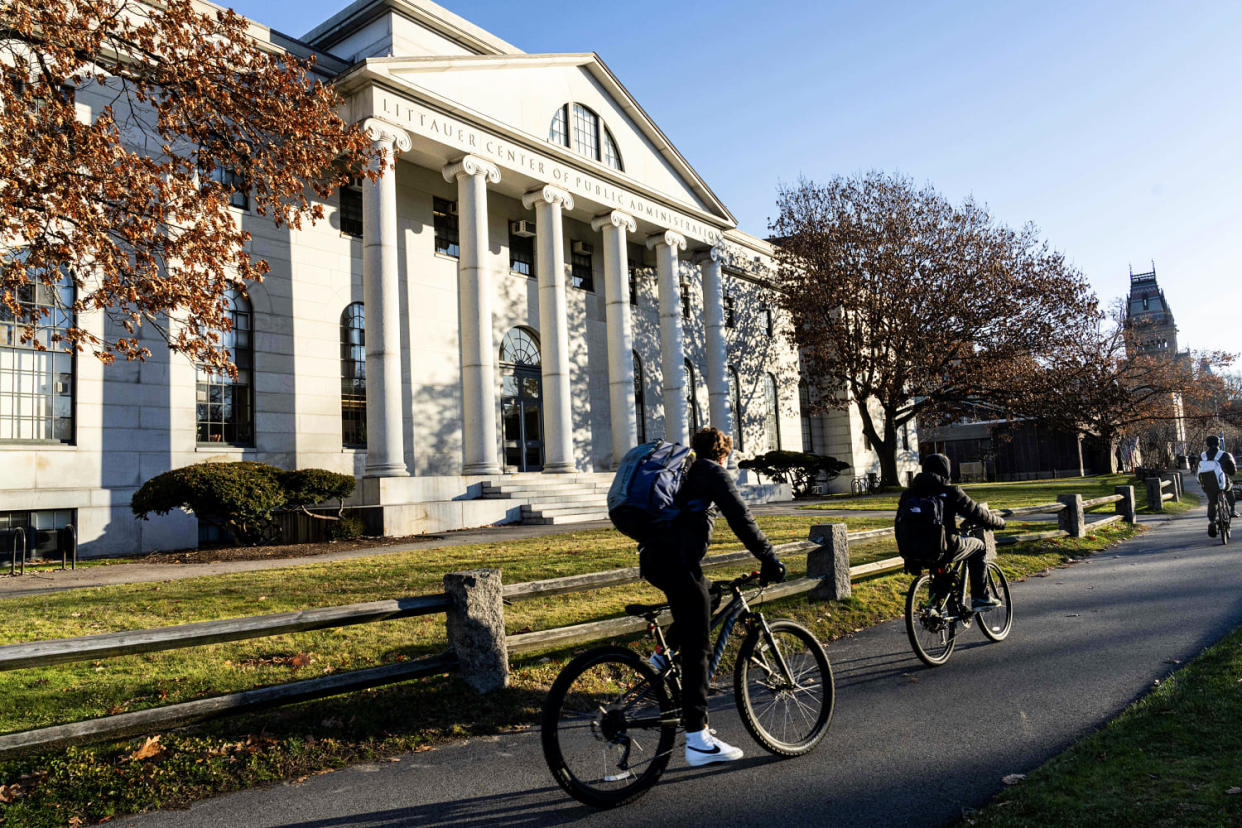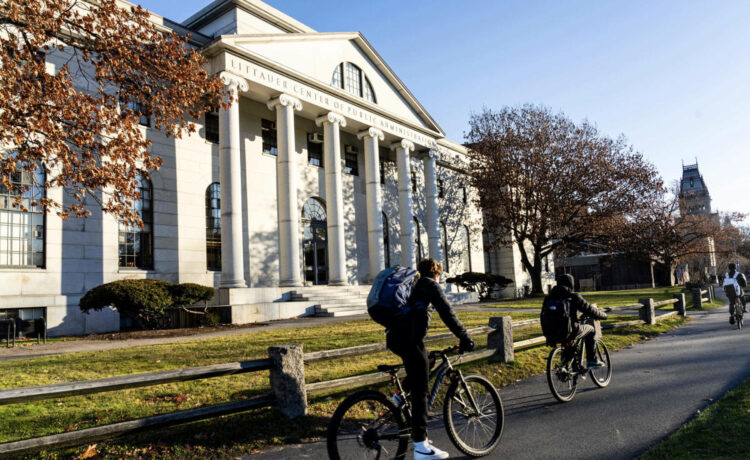
Forty of the top private universities across the U.S. are under fire after a lawsuit was filed accusing the institutions of conspiring to overcharge students for their education.
According to the lawsuit, these universities bilked applicants from divorced or separated homes by including the financial backgrounds of noncustodial parents when determining financial aid packages.
Harvard, Cornell, Dartmouth, Brown and Yale, alongside dozens of other top schools, were targeted in the class-action lawsuit filed by a Boston University student and Cornell University alum in the U.S. District Court for the Northern District of Illinois on Monday.
The lawsuit, which seeks $5 million in monetary damages and a court order to stop the alleged conspiracy, also includes the College Board, the nonprofit that developed the financial aid methodology the schools allegedly used.
The universities engaged in “a concerted action” to require that an applicant’s noncustodial parents, meaning the parent a student does not primarily live with, provide their financial information to be eligible for nonfederal financial aid, the lawsuit states.
The class-action suit further alleges that the College Board requires schools to take that information into account when determining financial aid allotments, regardless of the noncustodial parent’s actual involvement in or financial assistance to an applicant’s education.
“Students were told there were no exceptions to the requirement — even if a divorce court order was issued concerning college expenses,” the lawsuit states.
The universities generated financial aid offers based on an applicant’s custodial and noncustodial parents’ financial statuses. Those offers, the lawsuit argues, were based on a family contribution from both parents, even if one parent was not planning on contributing to the tuition fees.
The lawsuit adds that the College Board’s methodology was concocted by individuals connected to the universities that applied it. For instance, the lawsuit alleges that the College Board’s current chair of the Financial Assistance Assembly Council works at Columbia University and that Harvard’s director of financial aid was a chair at the nonprofit.
The alleged “price-fixing” agreement increased the cost of tuition by about $6,200 compared to top schools that were not participating in the College Board’s methodology, according to Hagens Berman, the law firm representing the case.
“The financial burden of college cannot be overstated in today’s world, and we believe our antitrust attorneys have uncovered a major influence on the rising cost of higher education,” Steve Berman, managing partner and co-founder of Hagens Berman, the law firm behind the filing, said in a statement.
“Those affected — mostly college applicants from divorced homes — could never have foreseen that this alleged scheme was in place, and students are left receiving less financial aid than they would in a fair market,” Berman continued.
The College Board’s push to include noncustodial parents’ financial information began in 2006, the lawsuit says, and never included consideration for whether that parent would contribute to a student’s education.
The College Board said in a statement that it has received the lawsuit and is reviewing it, but that it is “confident that we will prevail in this action.”
New York University, which was among the universities named, told NBC News that the lawsuit has no credibility. “This lawsuit has no merit and NYU intends to vigorously defend itself and its financial aid policies and procedures,” NYU spokesperson John Beckman said in a statement.
Harvard, Cornell, Columbia and Georgetown University told NBC News that they cannot comment on pending litigation.
Brown, Dartmouth, Yale, Fordham and the University of Pennsylvania did not respond to requests for comment.
















